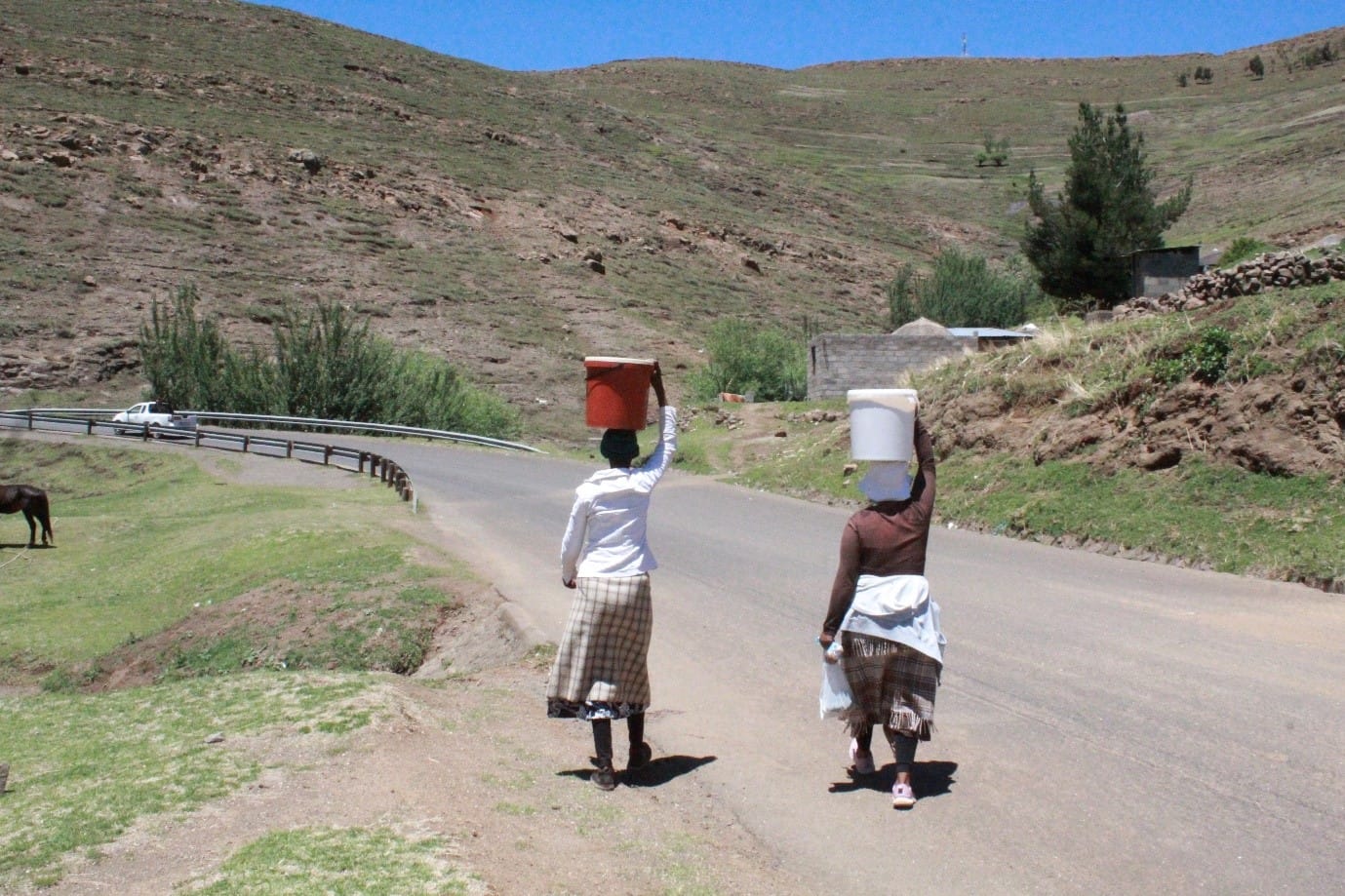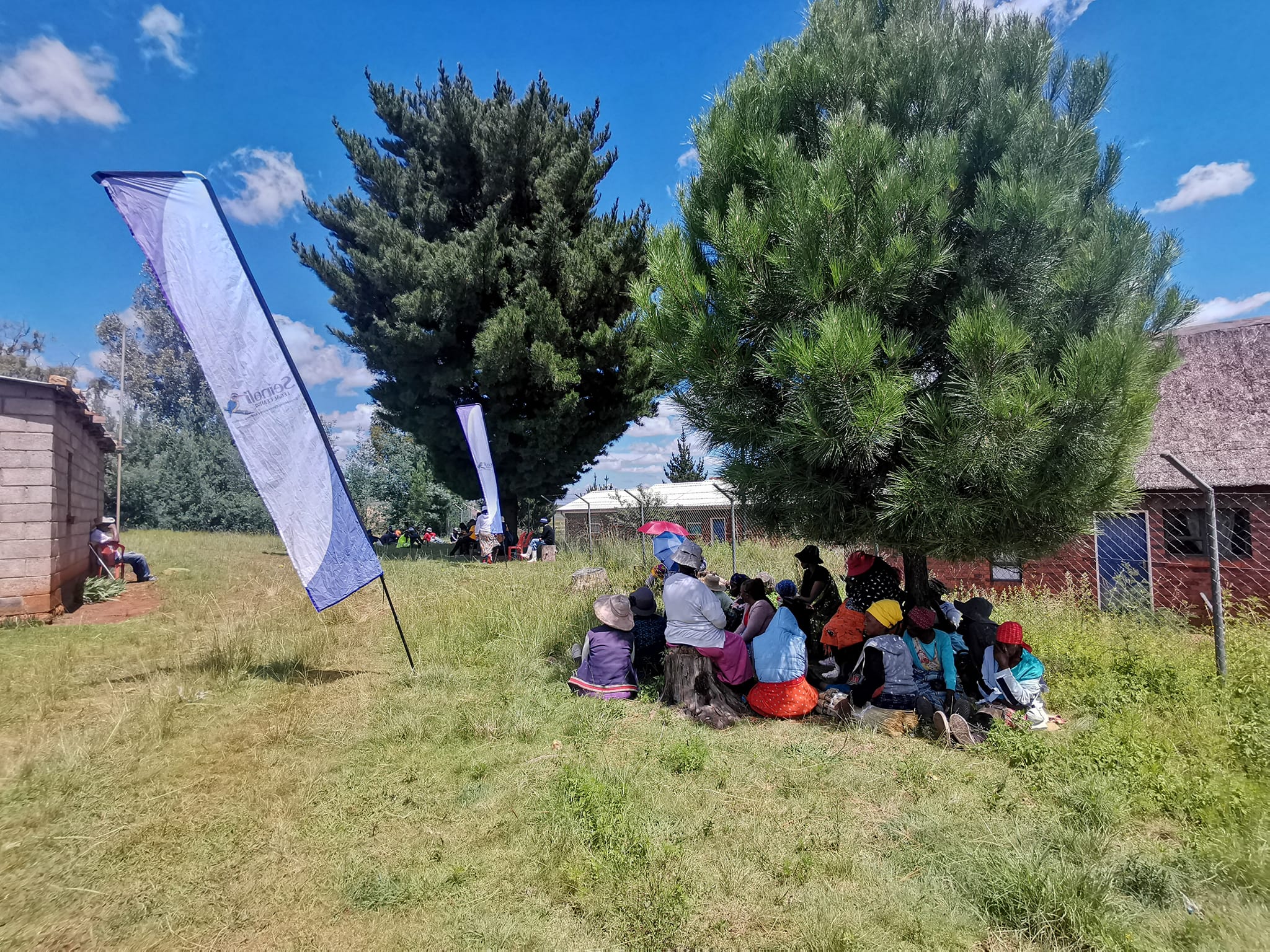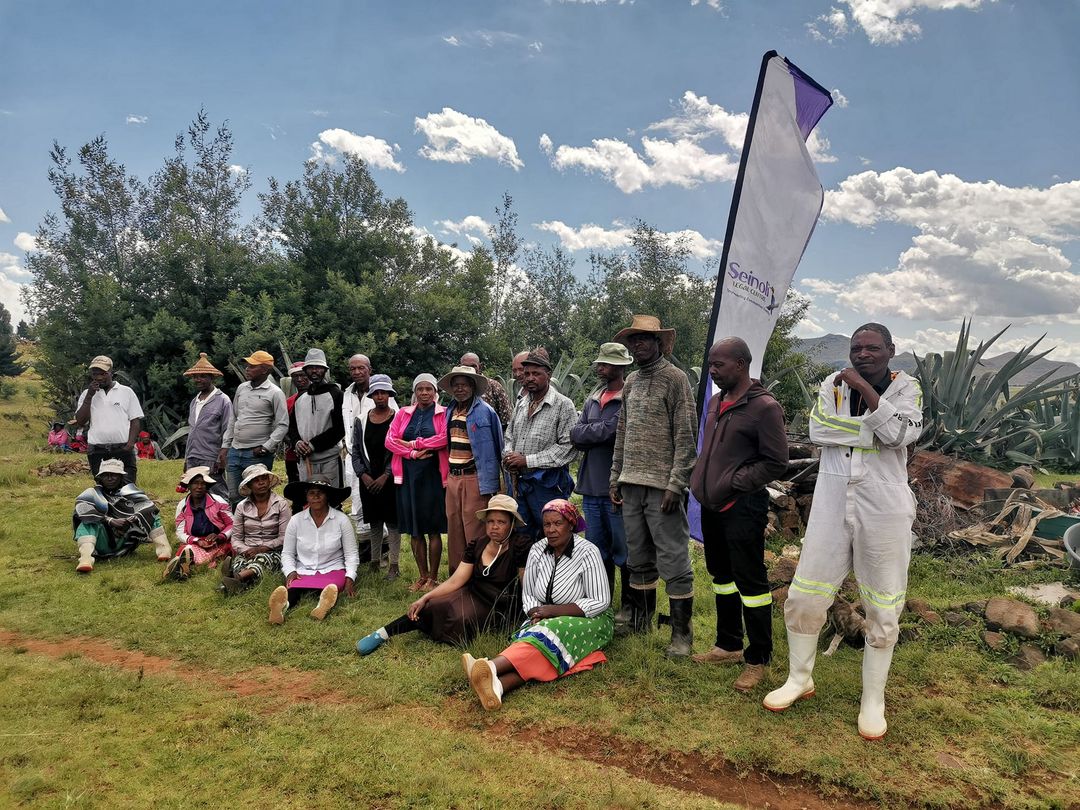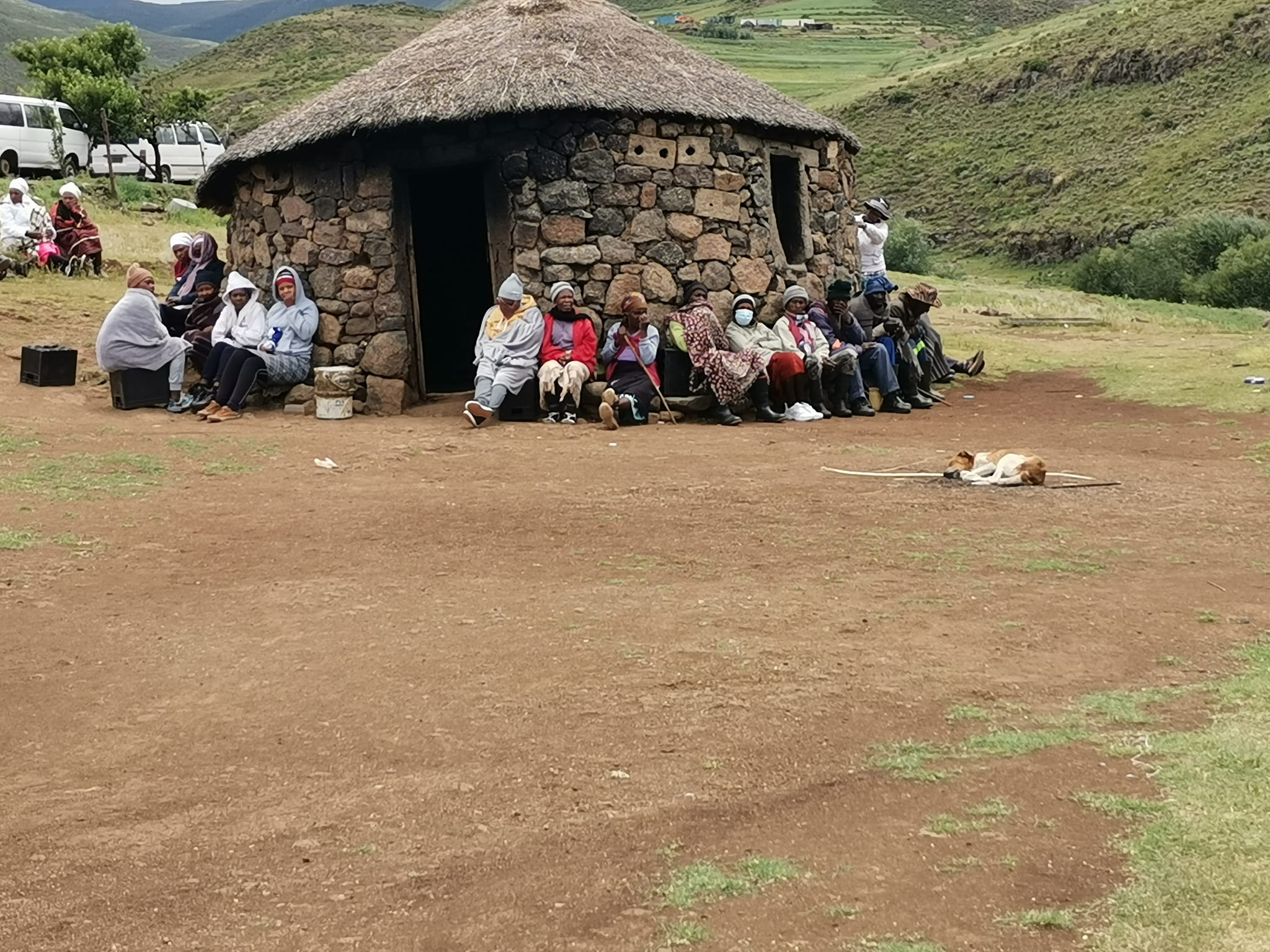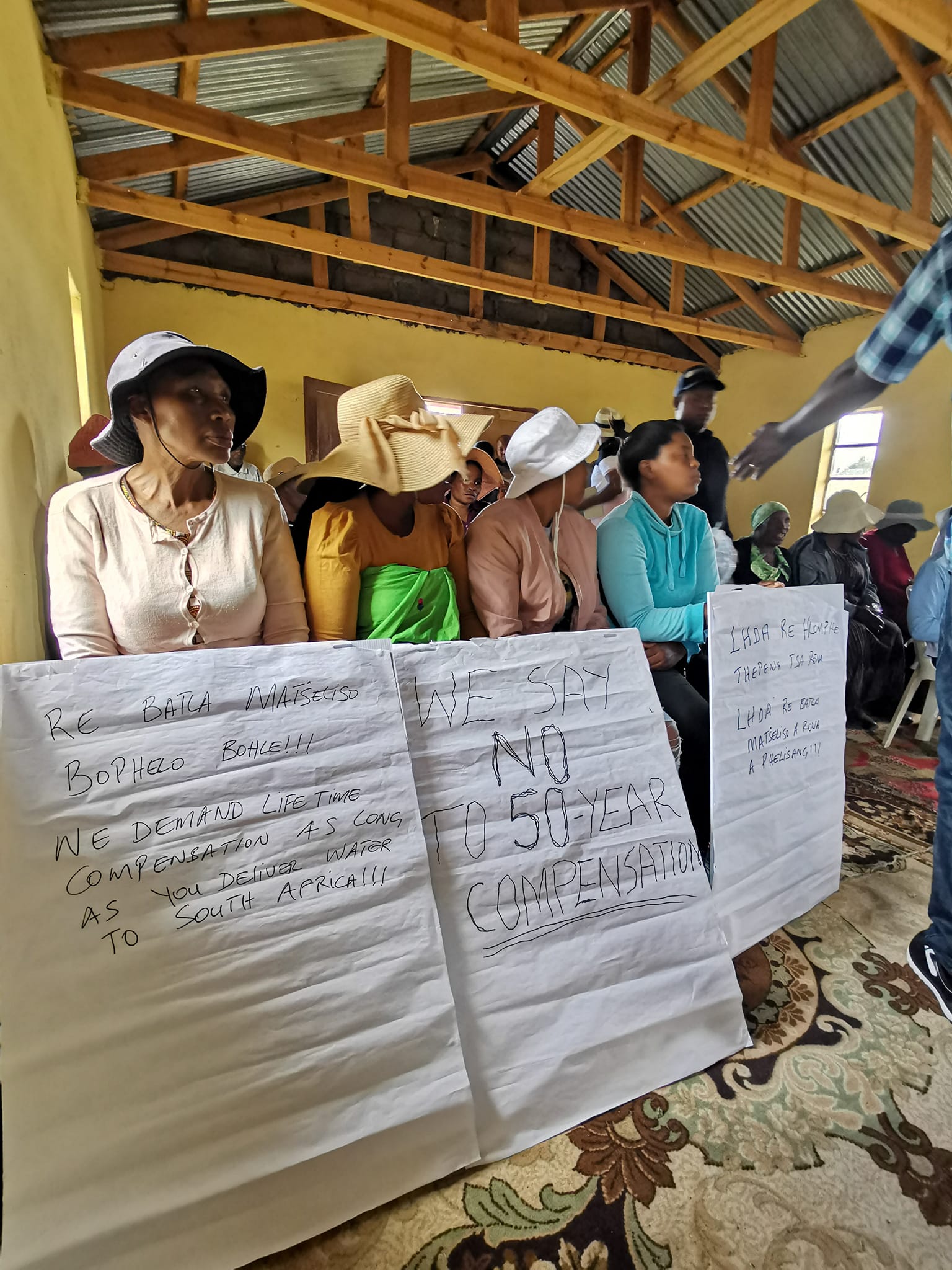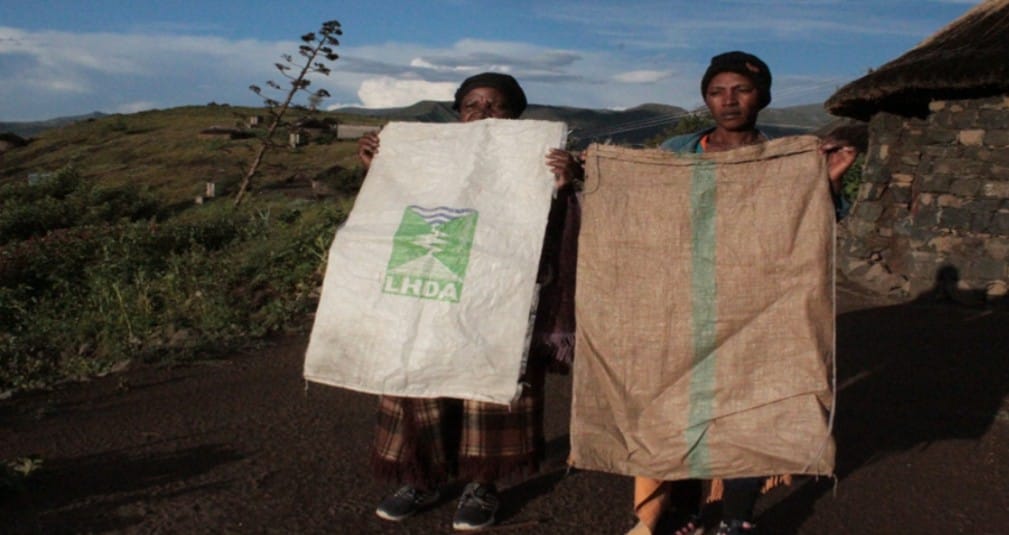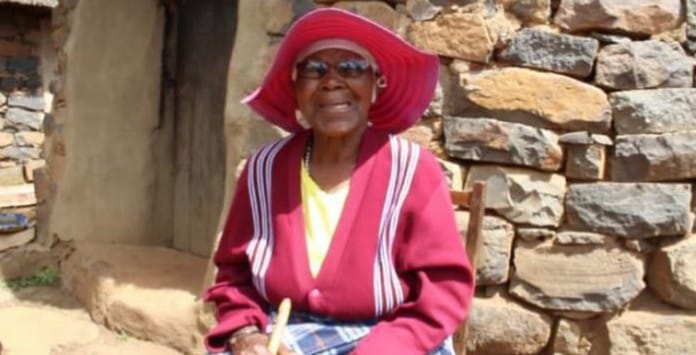Lesotho: Joint submission to the UN Human Rights Committee by ICJ and partners highlights numerous human rights concerns
n advance of the upcoming examination of Lesotho’s human rights record under the International Covenant on Civil and Political Rights (ICCPR) in July, the International Commission of Jurists (ICJ), The People’s Matrix Association (PM), Seinoli Legal Centre (SLC) and the Lesotho National Federation of Organizations of the Disabled (LNFOD) made a joint submission to the UN Human Rights Committee. The document draws the Committee’s attention to the human rights impact of inevitable failures by Lesotho to comply with its obligations under the ICCPR. It makes a number of recommendations to address those failures.
The submission details several concerns arising from Lesotho’s failure to comply with its obligations under the ICCPR, including:
- the failure to enact a legal framework allowing for lesbian, gay, bisexual, trans, intersex, and queer (LGBTIQ+) persons to access legal documentation, or alter such legal documentation, to correctly reflect their self-identified gender/sex;
- the denial of access to justice because of restricted access to legal aid services in Lesotho;
- the denial of the rights to freedoms of assembly and expression of individuals and groups seeking to undertake lawful protests to secure their rights; and
- the discrimination suffered by persons with disabilities in areas such as sexual autonomy, voting rights, access to justice, institutionalization, and failures to provide reasonable accommodations.
In addition, the ICJ, PM, SLC, and LNFOD are concerned, as set out in their joint submission, that, even though Lesotho’s legislation guarantees equal treatment of men and women, women are discriminated against when they try to access compensation from the Lesotho Highlands Water Project.
In particular, the organizations’ joint submission to the Committee describes human rights concerns with respect to the following topics, making recommendations on how such concerns could be addressed:
Sexual Orientation and Gender Identity
- discrimination on the basis of sexual orientation;
- the criminalization of consensual same-sex sexual activity;
- failure to ensure legal gender/ sex recognition;
Administration of Justice
- limited access to State-provided legal aid and restrictions on NGOs in providing legal aid services;
- denial of the right to peaceful assembly (in the context of protests);
- discriminatory denial of compensation to women affected by the Lesotho Highlands Water Project.
The rights of persons with disabilities
- failure to implement the Persons with Disability Equity Act and establish the Persons with Disability Advisory Council;
- failure to provide reasonable accommodation for persons with disabilities to access courts and legal services;
- laws rendering persons with disabilities incompetent to give evidence;
- the indefinite institutionalization of persons determined to be “insane” or “mentally incapacitated” due to a denial of support to enable them to exercise their legal capacity;
- failure to provide quality, inclusive education for children with disabilities in the general education system in community schools;
- laws denying the legal capacity of persons with disabilities to consent to sexual intercourse;
- the denial of persons with disabilities of their right to vote.
Download
ICJ, PM, SLC & LNFOD Joint Submission on Lesotho to the UN Human Rights Committee
Background
On 2 April 2019, at its 125th session, the Human Rights Committee issued a List of issues prior to the submission of the second periodic report of Lesotho, and requested in Part B, specific information on the implementation of articles 1 to 27 of the Covenant, including regarding previous recommendations of the Committee.
On 31 March 2020, Lesotho submitted to the Human Rights Committee its second periodic report under Article 40 of the Covenant pursuant to the optional reporting procedure. The report was published on 22 April 2020.
In view of the Committee’s review of Lesotho’s record under the ICCPR, the ICJ, The People’s Matrix Association, Seinoli Legal Centre, and the Lesotho National Federation of Organizations of the Disabled they have made a joint submission to the UN Human Rights Committee on Lesotho’s State Party report.
The UN Human Rights Committee will review Lesotho’s implementation of the list of issues during its 138th session, between 26 June and 28 July 2023.



